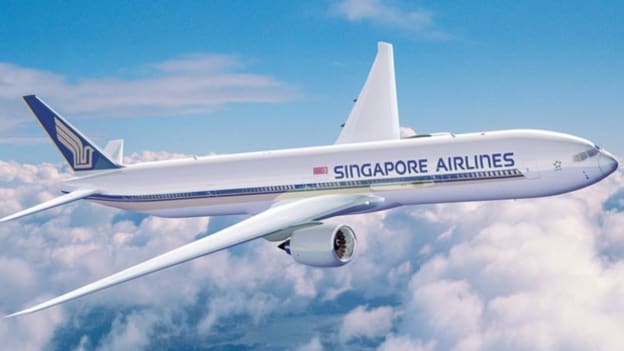Singapore Airlines announces record profits of US$1.6 Billion, rewards staff with 8 months' bonus

Following its exceptional annual profit, Singapore Airlines has announced that it will award its staff a bonus approximately equivalent to eight months' salary. Recognising their dedication and sacrifices during the pandemic, eligible employees will receive a profit-sharing bonus amounting to 6.65 months' pay.
Additionally, they will be eligible for a maximum ex gratia bonus of 1.5 months' salary. The airline's senior management will not be receiving the additional ex gratia bonus. This move aims to show appreciation for the hard work and commitment exhibited by the airline's employees.
“The bonus for Singapore Airlines’ employees is based on a long-standing annual profit-sharing bonus formula that has been agreed with our staff unions,” the spokesperson said, reported South China Morning Post.
After experiencing losses for the past three years, the flag carrier of the city-state reported a net income of S$2.16 billion (US$1.62 billion) for the fiscal year ending on March 31. Additionally, the airline revealed that forward sales are robust across all cabin classes, with strong bookings to China, Japan, and South Korea leading the way.
In the span of one year, Singapore Airlines and its budget subsidiary, Scoot, transported a total of 26.5 million passengers, a significant increase compared to the previous 12 months ending in March 2022. During this period, the passenger capacity also saw a rise, reaching 79 per cent of pre-Covid levels by March.
Similar to other airlines like Qantas in Australia, Singapore Airlines has also experienced a turnaround, returning to a first-half profit. However, the airline remains cautious due to inflation pressures and competition in the industry.
Singapore Air announced on Monday that it carried 1.75 million passengers in April, marking a 53 per cent increase compared to the same month last year. In contrast, its Hong Kong rival, Cathay Pacific Airways Ltd., has a significant journey ahead as its revenue from the previous year remains only around half of pre-pandemic levels.















